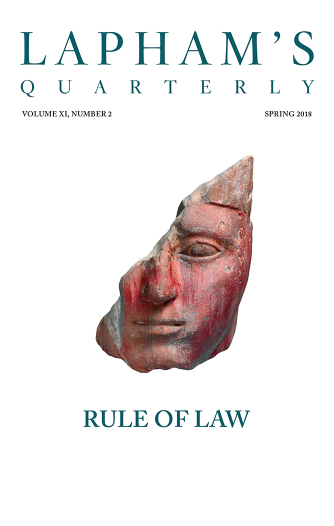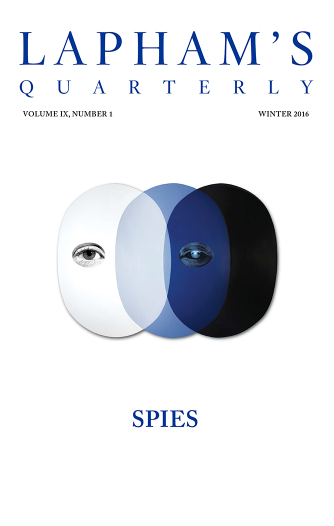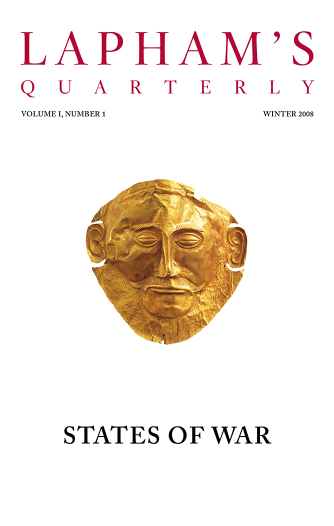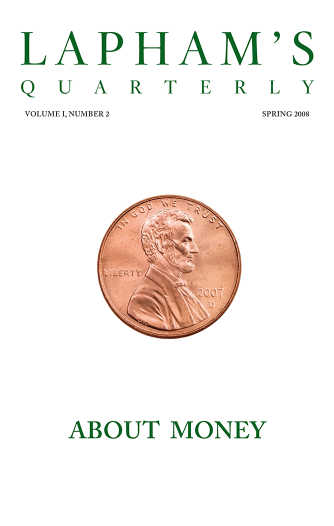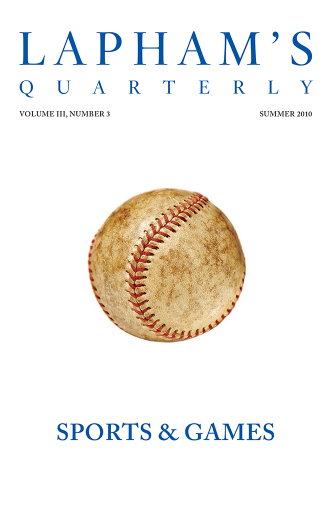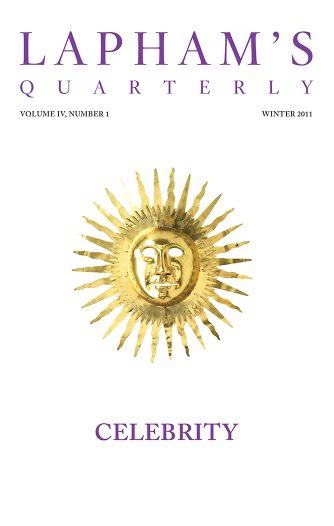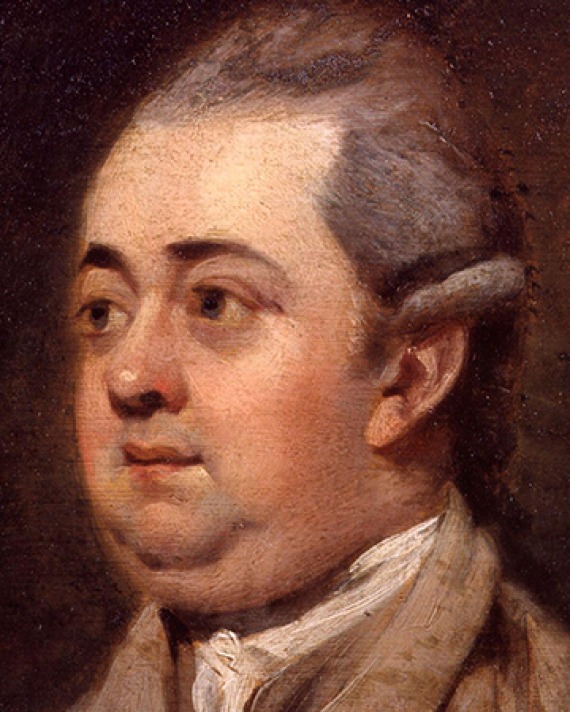
Edward Gibbon
(1737 - 1794)
While in Rome in 1764, among “barefooted friars” singing “in the temple of Jupiter,” Edward Gibbon at the age of twenty-six received the inspiration to write his famous work, The History of the Decline and Fall of the Roman Empire. The historian published the first volume in February 1776, five months before the American Revolution, and published the final three volumes in May 1788, one year before the French Revolution.
